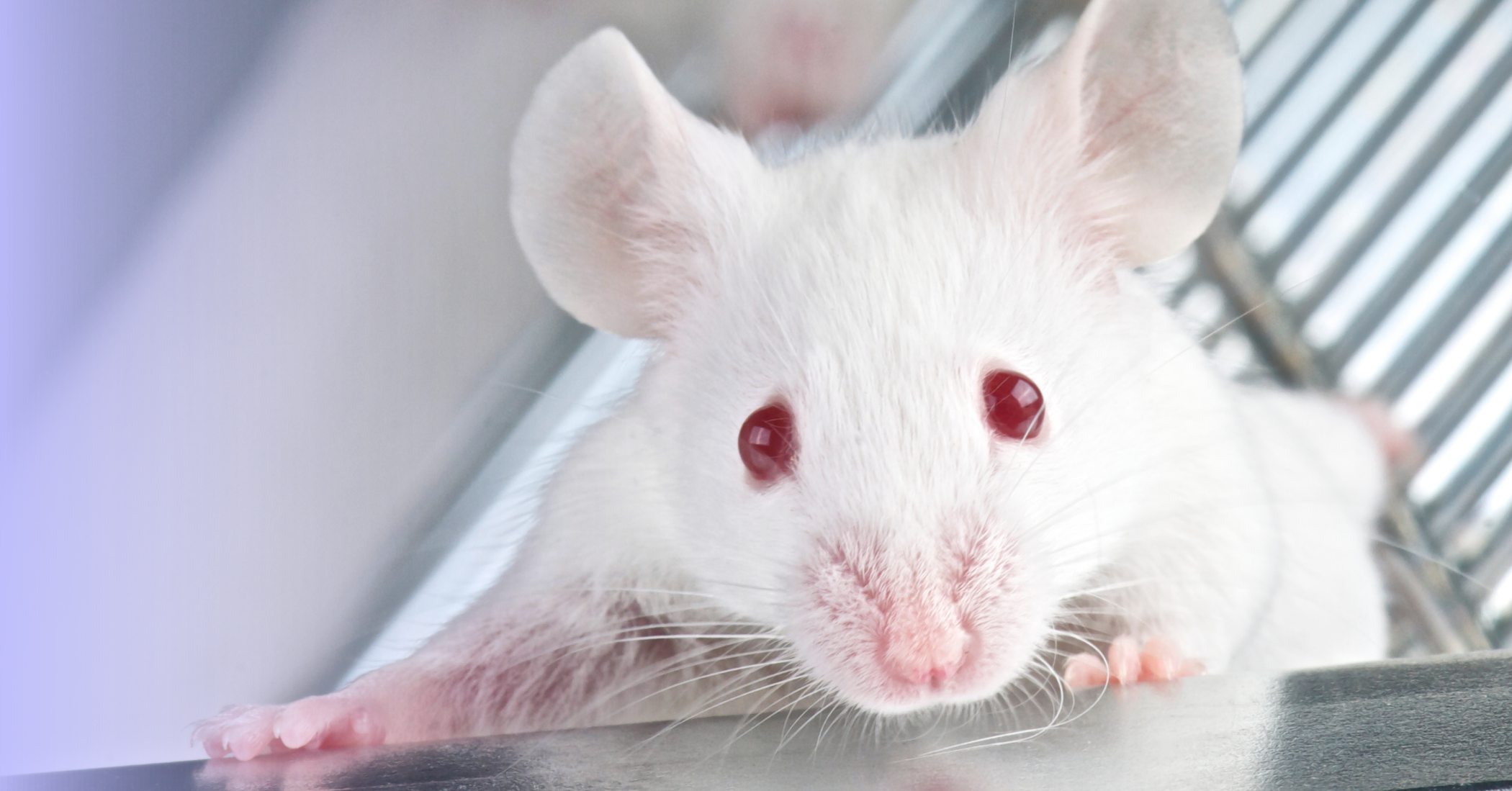
Earlier this week, the Jackson Laboratory (“JAX”) paid lip service to the welfare of the sentient beings most prolifically abused by labs all around the world: the mouse. Reading the piece, one would have no way of knowing that JAX is actually credited with “establishing the mouse as the premier research animal model” or that JAX continues to generate obscene profits from breeding and selling living beings as commodities.
JAX is the world’s “preeminent” breeder and supplier of mice for animal experimentation.
A self-described “biomedical research institution”, “centralized provider of mouse models”, and “repository” for mice, JAX claims to be a “non-profit” corporation while:
- “generat[ing] fees from the sale” of millions of mice to thousands of research facilities worldwide,
- reporting well over $1 billion in assets and a $628 million operating budget, and
- lobbying the federal government – with which it also partners closely. (The U.S. Public Health Service was JAX’s first client, and JAX continues to receive millions of dollars in funding from the National Institutes of Health each year.)
JAX was formed in the 1930s, capitalizing on both increasing interest in genetics and anti-vivisection challenges to the use of some mammals (including dogs and cats) – unfortunately for mice (who are the same as dogs and cats in all ways that matter), anti-vivisection advocates did not “complain[]” about their use. So, JAX took full advantage and has been commodifying mice as experimental subjects ever since.
JAX has always intentionally de-animalized the untold millions of animals it exploits.
From inception, JAX has been a huge driver of the commodification of other-than-human animals for the animal experimentation industry – of tricking the public into conceiving of sentient beings as akin to inanimate objects. JAX paints animals as “materials”, “products”, “manufactured items”, and “commercially produced definable commodities–quite literally made to order”; and, as such, JAX plays a large role in perpetuating the notion of animals as “‘tools of the trade,’ inanimate objects–’models’ not only in the sense of being stand-ins for human diseases, but also in the sense of being constructible.”
This, however, is only how JAX describes those of its animals that make it to the “sales floor”. The others find themselves tagged by both JAX and its clients (which purchase mice for use and further breeding) as “surplus”: animals who do not prove “necessary” and “end up going to waste” (i.e., animals forced into existence, exploited, and killed – or, as the industry says, “culled” – prior to sale or other experimental use). We don’t know how many suffer this fate because – even though the experimental breeding undertaken by JAX causes “major distress” to animals – this practice is most often not classified as an “animal experiment” for purposes of law and, therefore, is neither regulated nor reported on. (Indeed, in the U.S., mice aren’t even considered “animals” by the Animal Welfare Act.)
Yet, JAX wants us to believe that it cares about animal “welfare”.
JAX suggests that it is interested in facilitating improved animal welfare by “reducing the overall use of animal models” through a reduction in the number of mice “used outside of experiments”. You might wonder how this supposed interest jives with the financial interests of a breeder and seller of animals . . . but, then, you’d need only read a bit further. Bottom-line: JAX wants laboratories to buy mice from it rather than breeding mice themselves. Now that jives.
Attempting to pass off a profit-generating strategy as an ethical one not only fits for an enterprise that passes off sentient beings as inanimate inventory, but it also fits for an animal research enterprise seeking to self-preserve – indeed, commentators have long advised players in the animal research industry to pay attention to “animal welfare and create more transparency about [their] use of animals before societal movements and politics lobby for more restrictive frameworks.”